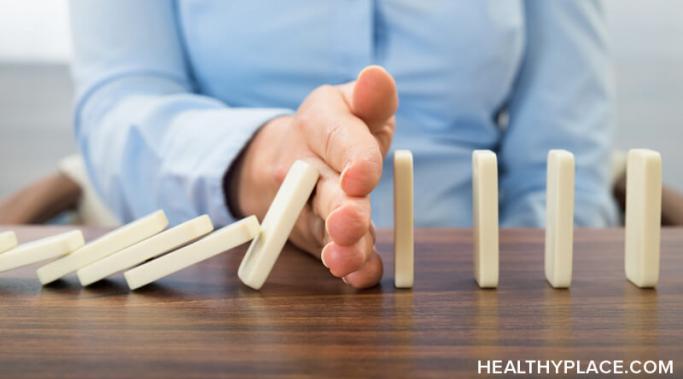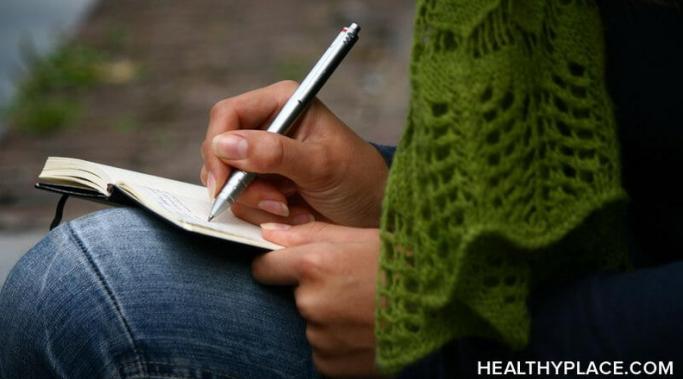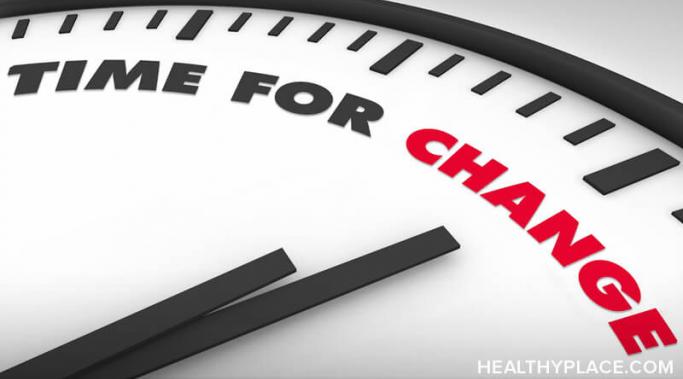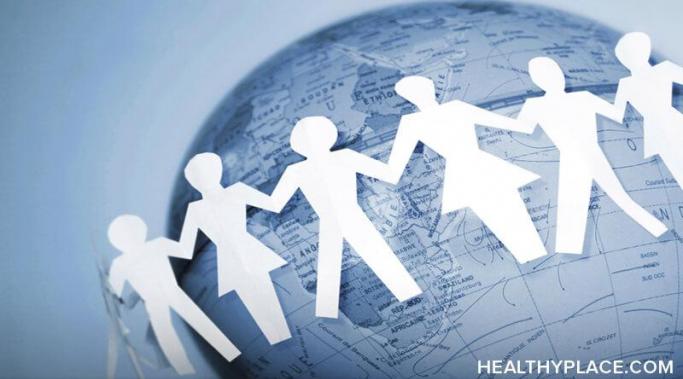Gambling fixation doesn't look the same for everyone. Very quickly into my gambling escapades, I realized that each person’s journey is unique, and this is determined by their motivations, vulnerabilities, and circumstances. Looking back at my own experience, I see that I became an interplay of personality traits. Through the winning, losing, and desperation phases of my journey, my emotional struggles, personality, and attraction to the allure of gambling unlocked in me the chaser, escape artist, risk taker, denier, and isolationist. These are types of gambling fixation.
Recovering from Mental Illness
Setting goals is great, but setting realistic goals is even better. It’s the beginning of a new year, which means it’s the beginning of New Year’s resolutions season. While thinking about my self-improvement, I believe it’s important to set realistic goals that are easier to maintain and won’t leave me feeling like I’m fighting against the impossible.
Gambling addiction recovery extends beyond breaking free from the grips of compulsive gambling. I learned the importance of identifying and cultivating healthier outlets for stress and excitement to prevent relapses and embrace a fulfilling life in recovery. My addiction was primarily fueled by excitement and stress, and in my recovery from gambling addiction, I have discovered activities that offer a sustainable and enriching alternative to gambling.
Career development is a priority for me, and while navigating the professional world is tricky enough, throwing in the challenges that come with managing a mental illness with a career makes the situation even more difficult. As someone who struggles with focus and drastically fluctuating energy levels, work can feel impossible, leaving me emotionally and mentally drained. The desire to succeed professionally can be much more difficult when there are extra mental obstacles, but there are ways to make the process easier. Having a mental illness and a career is possible.
Gambling addiction is fueled, in part, by the advertising and marketing that pushes that product. The gambling industry continues to experience remarkable growth year on year, partly due to the proliferation of online gambling and also due to marketing and advertising efforts. Gambling advertising and marketing shape consumer behavior, but where does the line lie when it comes to navigating responsible practices?a
Finding yourself falling into an anxious spiral is scary, and it's easy to feel out of control. Luckily, there are some physical skills you can utilize to fight off this feeling. Sometimes, in an anxious spiral, it's difficult to think clearly, so when I face those issues, I tend to lean into physical practices, meaning that I'm doing an action using my body and not necessarily my mind to find comfort. Using physical practices is a great way to center yourself and regain emotional balance.
Sharing gambling addiction recovery stories really matters. As much as we discuss gambling and addiction, the picture that’s painted is that of hopelessness. Granted, the thrill and hope of a big win have a dangerous grip that leads people down the path of compulsive gambling, but it is the stories of hope and triumph that give people with addiction the hope they need to overcome the struggle.
Journaling can be an exceptional tool for managing mental health, and I've found creative journaling tips that have helped me reframe what it means to journal. When hearing the word "journaling," I used to think of "dear diary" entries, but now I believe there are many journaling tactics that are useful in combatting anxiety, depression, and guilt and gauging mental illness recovery progress. I'm excited to share some creative ways I've used journaling tips to assist in managing my mental health.
Does the gambling industry bear some responsibility for gambling addiction? As addiction becomes rampant in modern society, the darker side of gambling continues to be revealed. Despite acknowledging that effective measures need to be put in place to address a growing gambling addiction problem, it has yet to be determined whether the gambling industry bears any responsibility for the effects of gambling.
Admitting that I miss my manic symptoms has been difficult. A large part of my mental illness recovery has been fueled by the desire to get better. I continuously work towards recovery, but I still face guilt when I find myself missing the symptoms experienced from my manic episodes as someone with bipolar disorder.









